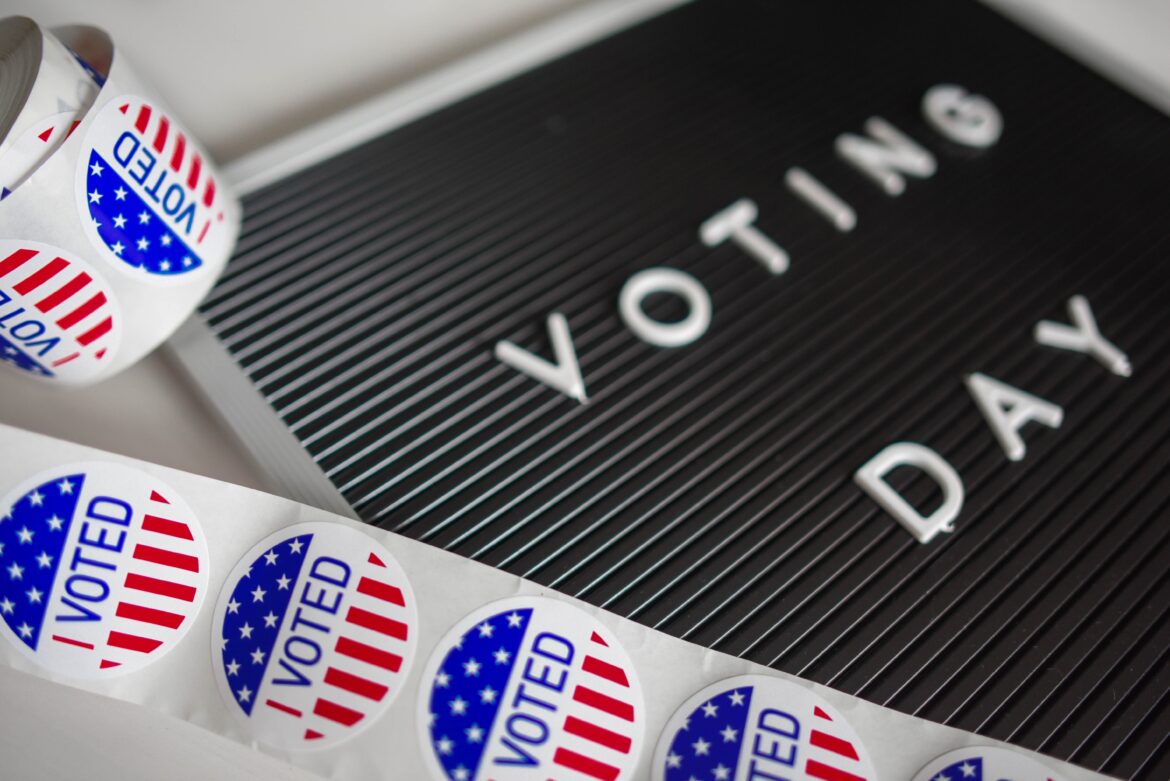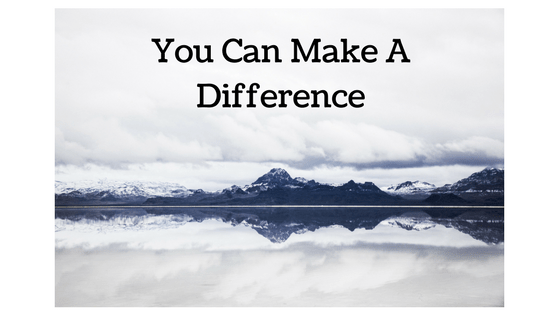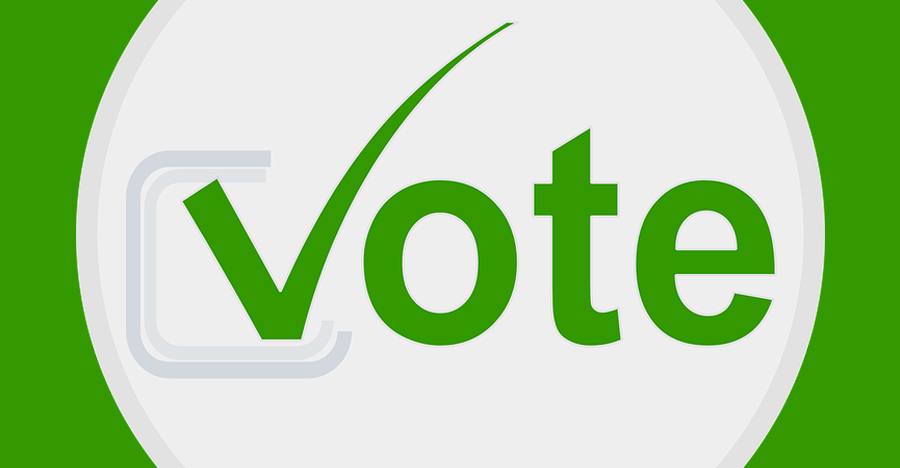Major civic events, like an election, can be useful ways to integrate not just lessons on citizenship, but also a broad array of social studies, math, and even science topics. Elections are a great way to explore maps, charts, graphs, and other statistics skills.
Besides that, presidential elections are always subjects of intense discussion, and this year is no different. Students are likely curious about the candidates, how the election is intended to work, and what the outcomes of a presidential election can be. Educators looking to incorporate the 2020 elections (and some free digital resources) into their classrooms need look no further.
Elections and Education
It is broadly understood that an educated populace is vital to produce a healthy society, especially in societies which govern themselves collectively. W.E.B. Du Bois, the African American sociologist, historian, and activist whose life began during Reconstruction and ended at the cusp of the civil rights movement, described the importance of an educated electorate in his 1920 essay, “Of The Ruling of Men.”
We say easily, for instance, “The ignorant ought not to vote.” We would say, “No civilized state should have citizens too ignorant to participate in government,” and this statement is but a step to the fact: that no state is civilized which has citizens too ignorant to help rule it. Or, in other words, education is not a prerequisite to political control — political control is the cause of popular education.
“Of The Ruling of Men” by W.E.B. Du Bois, Ch. VI in Darkwater: Voices from within the Veil (NY: Harcourt, Brace & Co., 1920) http://www.webdubois.org/lectures/DuBois;OfTheRulingOfMen.html
A Few Leading Candidates
Civic organizations, nonprofits, and individual educators have all developed resources, lesson plans, activities, and discussion topics that can help you explore elections in school, all while encouraging civic engagement and thoughtful discussion of real-world issues.
Check out these resources from Teacher Planet, ReadWriteThink, Teacher Vision, and We Are Teachers. These links include coloring pages, clip art, lessons, and more to help you build election-themed lessons at multiple grade levels.
Going Down the Ballot
A number of other online resources are available to help you augment your teaching with rich and detailed information, tools, and lessons.
Facing History has gathered several thoughtful resources, including discussion ideas, guides, even classroom routines, and workshops and webinars meant to help educators understand the complexities of politics, and help them translate that understanding to students.
Scholastic offers discussions, lesson plans, and book lists for students for grades 5–12.
Education World has collected a special theme page around primaries, voting, and elections. This collection includes 10 different lesson plans, along with activities and “completely editable templates to track the issues of this election and the results.” You can also explore their list of related articles, links, and more.
The Election Collection from PBS includes the Electoral Decoder activity, in which students can explore all U.S. presidential elections in history, as well as the nationwide Let’s Talk about Election 2020 challenge in which middle and high school students can record audio or video commentaries on the issues of this year’s election.
The Politics and Public Policy lesson plan from iCivics is an entire unit designed to teach democratic decision making and the ins and outs of American politics. You can dive into their Election Headquarters page, complete with featured resources, many games, lesson plans, and more.
The National Archives and Records Administration offers a long list of resources that can help students (and educators) understand the workings of America’s unique electoral college.
Delve into a number of topics about voting with the Center for Civic Education’s five different, resource-rich lesson plans, designed for all learners, from elementary to high school.
Finally, Teaching Tolerance has put together a lengthy trove of activities, sites, and other resources focused on voting and elections. This collection includes a focus on diversity, civic activity, and cooperation.
Related Readings from TechNotes
- The Big List of Remote Learning Social Studies Resources
- Teaching at Every Level with Data-Rich Digital Maps
- Exploring Local History During Remote Learning
- Hypertext Docs: Teaching the Bonus March
- Experiencing Early American History with Interactive Resources
- StoryMap JS: Creating Immersive Social Studies Education
- Understanding This Moment through Civic Education
- Exploring Civil Rights History with Digital Resources
- Using Google Earth to Follow the Trail of Lewis and Clark
- Celebrate Constitution Day with Free Digital Resources
- Digital Resources to Celebrate and Teach Juneteenth
- Digital Resources for MLK Day
- Digital Resources for Independence Day
Photo by Element5 Digital from Pexels





